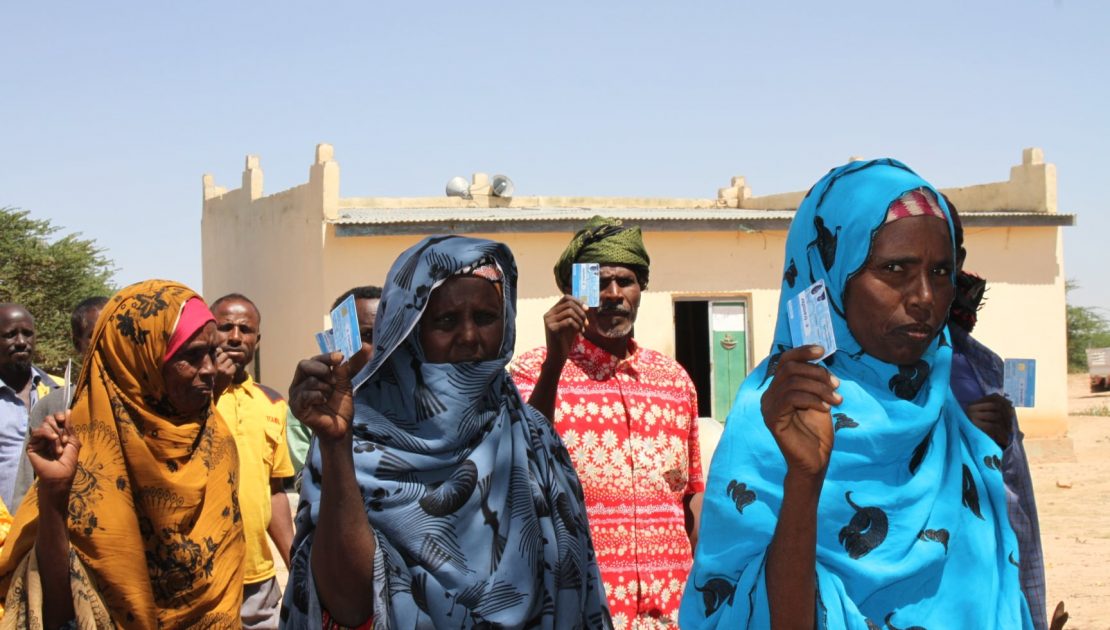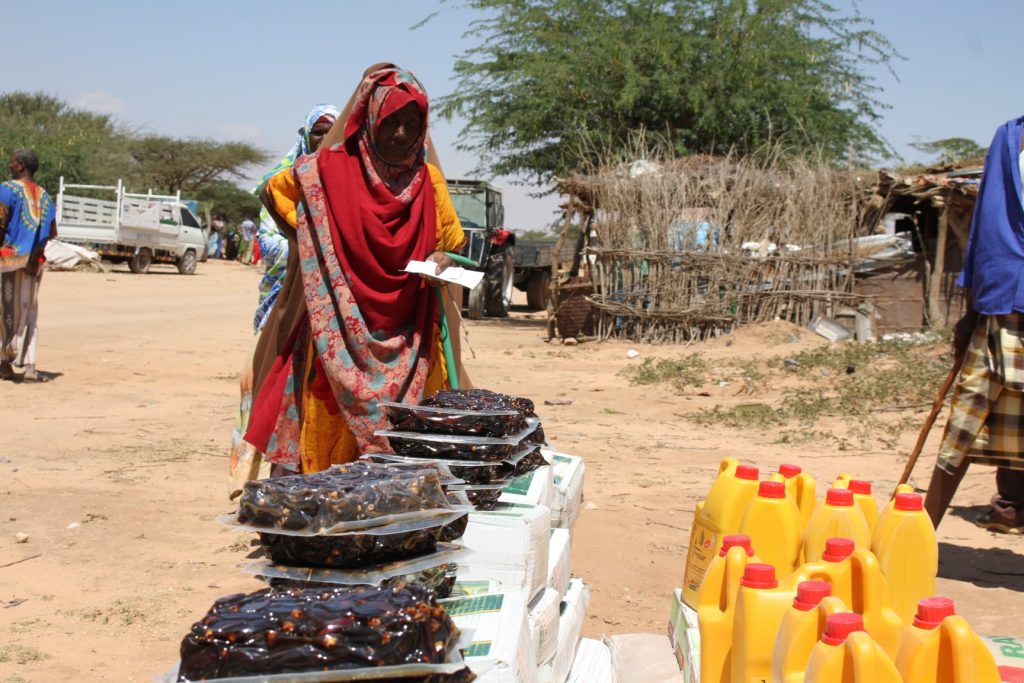
Under severe drought and locust outbreak that hit the semi-arid areas under maroodi jeeg regions. people at these places has been exposed to malnutrition and hungry which caused displacement of households and death of both human and livestock they needed resilience initiatives. The locust has ate all of their crops if they were farmers and destroy the grass and animal feed that resulted severe grazing degradation and economic destructions.
Villages like Balayga cas, Gubato, Gaboobe, Bacado and Beeyo Baxday which locates the north side of the capital city of Hargeisa had experienced a large locust outbreak during april 2020 up to December 2021, even though, the outbreak was going under breaks but locust has kept going and going hard on these areas resulted a prolong drought and destruction of crops as well as animal feed shortage.
Meanwhile, the government of Somaliland has emphasized the importance of reducing the pain point of these communities, the governments emergency aids has been limited financially. the government has then seek a help from the international donors for emergency initiatives to tackle the outbreak and save lives. for this effort the World bank teaming up with WFP has started a series of programs to save lives of both human and livestock.
The Program was implementing by the WFP and it is partners under the areas which has been experiencing downfall and severe damage caused by the locust and droughts. SCAN which is one of the close WFP partners that cooperatively implement resilience programs together through areas mentioned above.

The WFP programs to respond and tackle the locust outbreak has been successfully demonstrated the effectiveness of reaching the drought and outbreak victims. in 2019 a series of programs has been started at Somalia/Somaliland. the aim of the programs was to reduce the effect of the droughts and locust outbreak with initiatives and innovative emergency programs.
the programs consists of these projects.
- Cash for Asset
- Food for asset
- Livelihood
- Nutrition and so on
For the cash for asset it was aimed to respond to the locust outbreak and reduce the exposure of the outbreak so the community would be resilience to the disasters. and partners has been registered the households of fertile soil areas. areas where agriculture is suitable and also grazing areas that were hit by the locust.
For an emergency some households family has been registered for food for asset respond to sustain their coping mechanism and build a resilience in order for them to resist the economical damages caused by the Locust and droughts.
In the livelihood project some Villages has been giving a livelihood project that its goals was to prepare the rainy season and build a soil bands or embankment dams to store water for better future water storage that will help them grow a beautiful crops and build back up their economics. 2021 SCAN Under WFP has implemented a coping with economy downgrade of several villages. the program has been going on one year under several East and North Villages like Balayga Cas, Qururuxley, Balayga Cad, Boocley, Beeyo Baxday, Gaboobe, Gubato, and Bacado.
These villages comes under Hargeisa territory. the villages communities and households have been proving a food for asset project to cope with shortage of financial incomes. even though, the project have been going 1 year yet the project has yielded the expected results.
Therefore, The WFP program for food for asset has been extended for one year to support these household and preparing them for better economic growth that might foster their economy growth for another one year and encourage them to prepare their economic developments.
The aim of this extension is to sustain and strength the capacity to recover quickly from the economic difficulties that these villages faced during the hardship. The project is needed now though the country is facing a critical rain shortage season after series of disasters.

No Comments